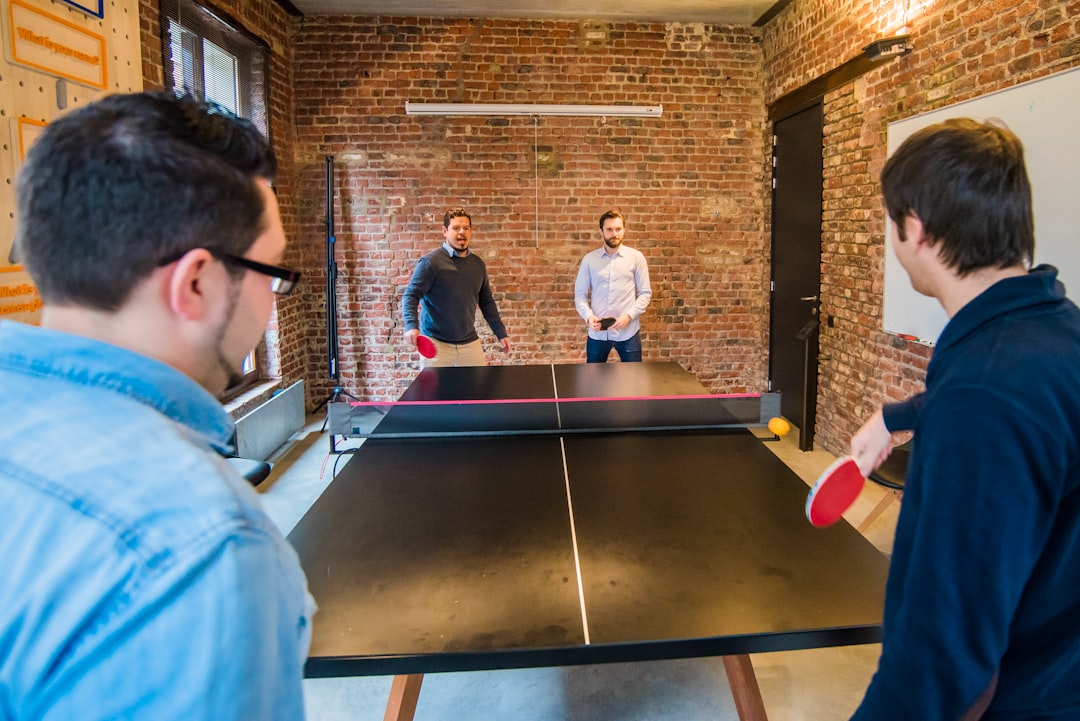Odds and Ends
A few short takes this week.
Covid Impacts on Students, redux
First up is that I might have to revise my Covid impact on my students assessment from a few weeks ago. Over the last two days, my students have been going through a capstone experience for the semester. It brings all the skills together that we have been working on all year. It is intense, and I bring in outsiders to evaluate them alongside me, which amps up the intensity for them. If my students really had been educationally disadvantaged by Covid impacts, and the various policies about masking or not masking, it would have had an impact on their performance on this end-of-year skills performance. But here’s the discovery: It did not. They were terrific, engaged, had clearly worked very hard, and gosh - it looked like they have been listening all year! There were definitely days that I wasn’t sure. Very impressive performances across the board.
Return to Office Parties
The New York Times reported on the lavish parties that some companies are hosting to help entice employees back into the office. Lizzo performed for Google employees. Qualcomm offered free food, drink, and T-shirts. The article quoted Adam Galinsky, a professor at Columbia’s Business School:
These parties and perks are a recognition by companies that they know that employees don’t want to come back to the office, at least not as frequently as before.
Nick Bloom, also quoted in the article, is an economics professor at Stanford. He has been surveying employees every month, and has found that “most” want to return to the office two or three times per week, but a third never want to return to the office, and prefer to remain remote. He points out that by working remotely, the average employee saves an hour in commuting time per day, so, he says:
you can see why employees are not going to start coming to work for free bagels or to play ping-pong.

The question of how, and under what circumstances, employees are going to return to the office remains uncertain and undecided.
Our Hybrid World
I have written before about my belief in our hybrid future. But it seems that, increasingly, it is here, now. A small but telling example: As a boy, I sang in a church choir at a medium-sized quite traditional church in New York City. This church is well known for its liturgy and music. I remain on the mailing list for the weekly update about the goings on at a church I go to perhaps once per year, but feel very connected to - given the three years of my life when I sang at this place every Sunday. I was pleased and encouraged when, soon after the pandemic hit, this church was outfitted with cameras and an advanced sound system, and began to stream all of their services online. I occasionally dip in to the online stream to hear the choir.
In a recent weekly letter, it was stated - almost in passing - that at a recent Sunday service, there were 400 parishioners in attendance (a decent number), and 2000 online. Wait, what? 2,000 attendees online? More than four times as many as in-person? That church is nearly 200 years old, and it has never, ever, had 2,400 attendees at a Sunday service.
Maybe the years of hand-wringing in the organized church about the loss of parishioners was really about the wrong venue. And we never knew it.
Letters of Recommendation
On Netflix, an extraordinarily beautiful documentary series Our National Parks, narrated by Barack Obama. It is not another documentary series about the National Parks of the United States, but rather the World. From Chile to Kenya to Indonesia, to the Great Barrier Reef - it includes extraordinary cinematography of the natural world, around the world.
Q of the Week
The Q of the Week this week is a Quote from Ursula Le Guin, from her speech accepting the National Book Foundation Medal for Distinguished Contribution to American Letters:
I think hard times are coming, when we will be wanting the voices of writers who can see alternatives to how we live now, and can see through our fear-stricken society and its obsessive technologies, to other ways of being. And even imagine some real grounds for hope. We will need writers who can remember freedom: poets, visionaries—the realists of a larger reality. Right now, I think we need writers who know the difference between production of a market commodity and the practice of an art.


I agree with your assessment that our students current performance bears remarkably well in comparison to past years, particularly pre-pandemic, though I have attributed it differently. And I raise this not because I think I am right, but just to share my similar observation and attribution. So much learning occurs at the end of each semester - those last days before assessment students have always risen above any mid-semester indifference, distraction, or other discernible performance that seemed to be off the mark. My students are all writing papers and they are great. I hope you are right and I am wrong, David, because then our students are showing high levels of resilience and focus through the hardest of semesters, rather than doing what some law students have always done.